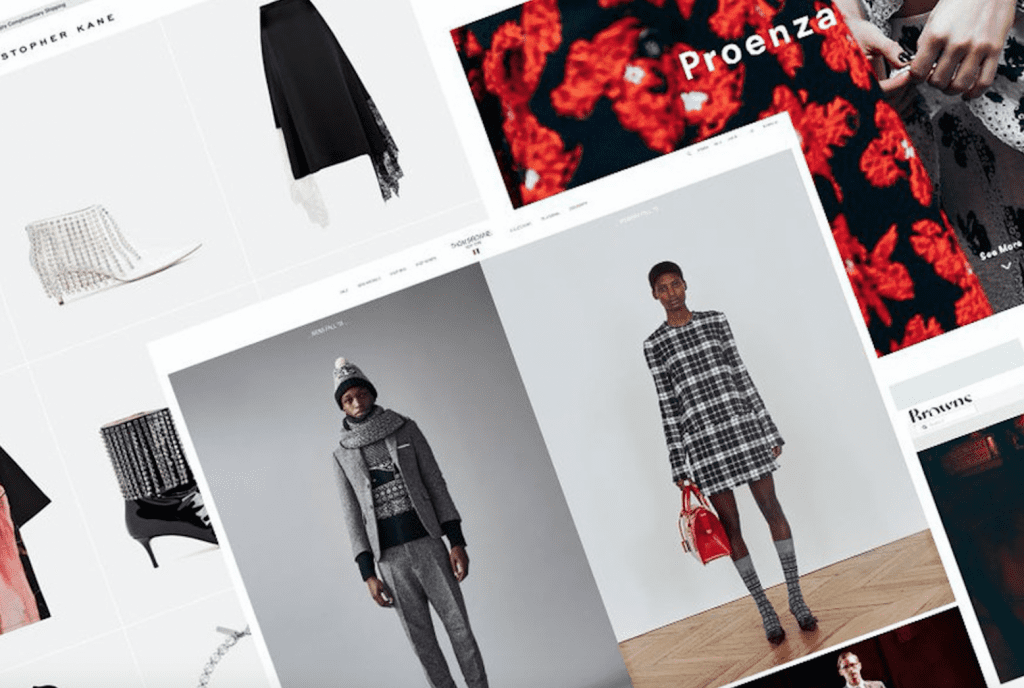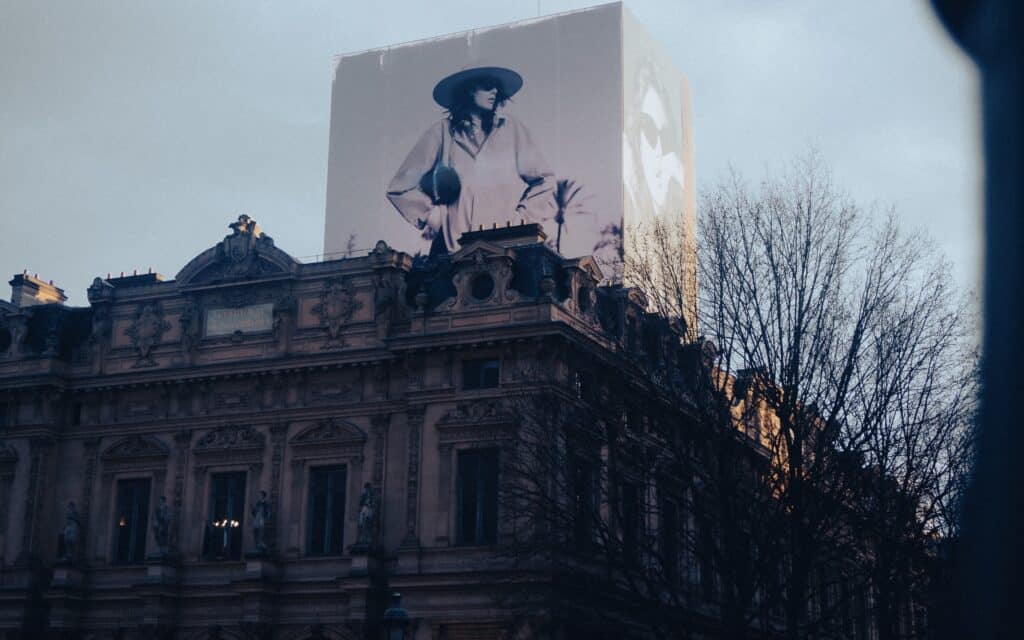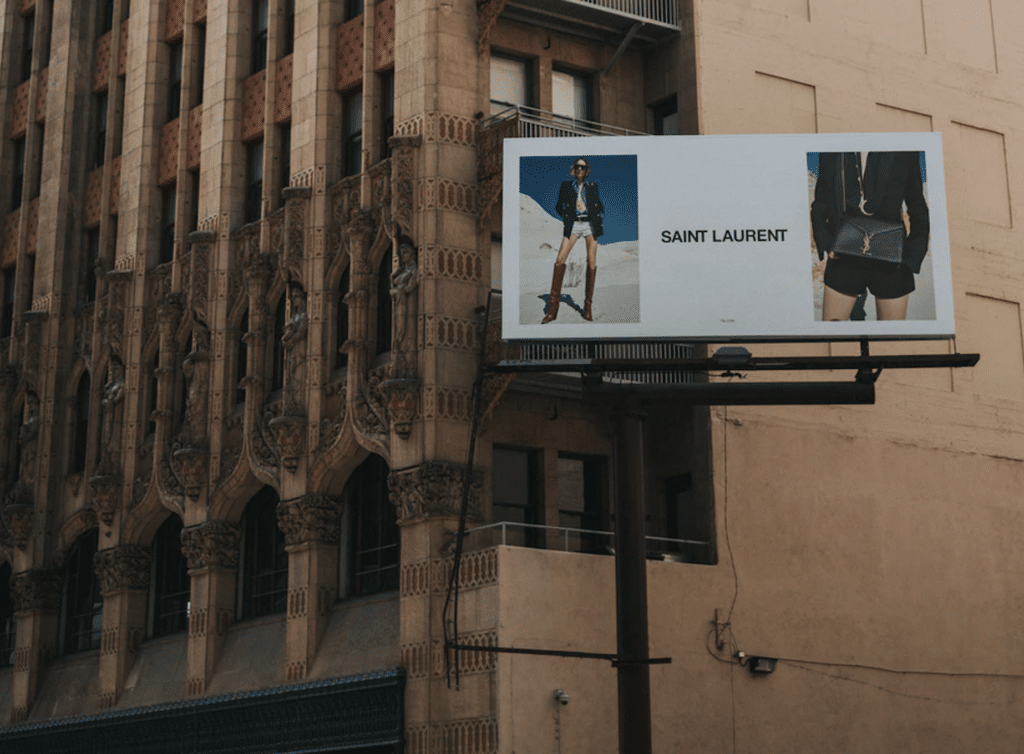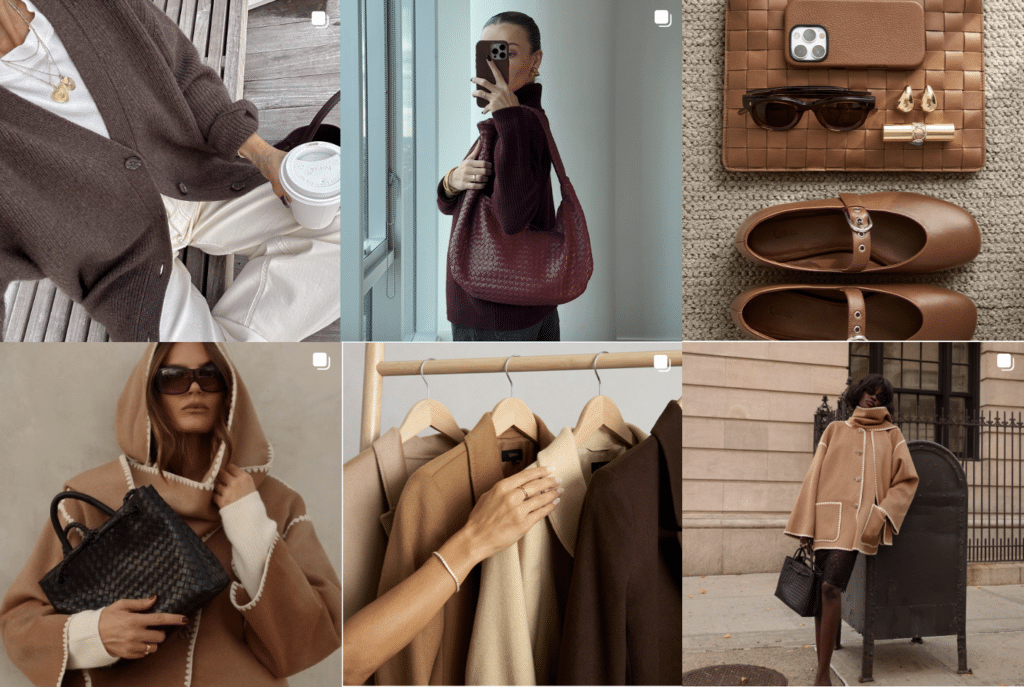A $1.15 billion deal between Cartier’s parent company Richemont, Chinese e-commerce titan Alibaba, and fashion retail platform Farfetch is big news in the luxury market. In a statement on Thursday evening, Swiss conglomerate Richemont and Alibaba revealed that they are investing a total of $1.1 billion in Farfetch and its new venture specifically tailored to the Chinese market, confirming rumors that a mega-deal was in the making. Meanwhile, Artemis – an investment vehicle tied to Gucci owner Kering – simultaneously announced that it would increase its stake in Farfetch with a $50 million injection of cash in exchange for Farfetch’s Class A ordinary shares.
The Alibaba and Richemont deal with Farfetch is being described by the companies as “a global strategic partnership to provide luxury brands with enhanced access to the China market,” as well as a big step towards “accelerat[ing] the digitization of the global luxury industry,” something that has been in the making for years but that has been significantly pushed forward by the onset and enduring impact of the COVID-19 pandemic. Leveraging each company’s “respective expertise and extensive reach,” Richemont, Alibaba, and Farfetch say that “the partnership will bring luxury retail to the next generation by seamlessly integrating the digital and physical realms.”
In furtherance of the newly-announced deal, Farfetch is slated to launch luxury shopping channels on Hangzhou, China-headquartered Alibaba’s platforms, namely, its Tmall Luxury Pavilion and its Luxury Soho platform, the latter of which is Alibaba’s “luxury outlet destination” within the Tmall marketplace. It will also operate on Alibaba’s cross-border marketplace Tmall Global, and build out its newly-formed Farfetch China Joint Venture that will include its own marketplace operations in the China region, which is responsible for some 33 percent of the entire global luxury market and growing (by 20 percent as of 2019), and which is expected to account for a whopping 50 percent of global luxury sales by 2025.
E-commerce and Consolidation
Beyond the focus on China, the headline-making deal plays to two existing but ever-accelerating trends in fashion/luxury in light of the COVID-19 pandemic: the rampant adoption of e-commerce by notoriously digitally-averse high fashion and luxury brands, and an enduring consolidation of players in the upper echelon of the industry.
Unlike other online retailers, Farfetch stands out in that it does not take ownership of any inventory of the thousands of brands available on its site; instead, it operates purely as a platform for individual boutiques, which has been widely promoted as benefit for the London-headquartered company that was founded by Portuguese entrepreneur José Neves in 2007 in that it is not forced to incur costs associated with buying and holding inventory, and inevitably, marking down unsold inventory.
Bernstein analyst Luca Solca asserted in a note on Friday that customers will benefit from global access to key fashion and luxury brands, asserting that “Farfetch has very good position with brands and vendors,” and pointing to its “100% retention [rate] with the top 100 brands” on its platform. Meanwhile, the parties state that Farfetch vendors will benefit from access to Alibaba’s 757 million consumers. Brands and consumers, alike, have been relying significantly on e-commerce in light of widespread COVID-related lockdowns, with many brands – luxury names, especially – playing catchup after decades of prioritizing brick-and-mortar sales over e-commerce ones in order to maintain control over their meticulously-crafted luxury images.
Beyond the rush to e-commerce, the deal is the latest in a line of luxury-level partnerships and potential consolidations, which have seen the industry’s conglomerates amass sizable rosters of brands over the past several decades, thereby, enabling them to benefit from sheer size and scale, while making it more difficult for independently-owned brands to compete.
The new partnership between Farfetch, Alibaba, and Richemont gives rise to potential consolidations, per Solca, who says that this could be “a preamble” to Richemont merging Yoox Net-a-Porter with Farfetch (Richemont acquired full ownership of YNAP in 2018) or selling it to Alibaba. And either way, it serves to create interesting ties between some of the biggest players in luxury. For one thing, the new venture brings Richemont together with Gucci, Bottega Veneta, Saint Laurent, and Bottega Veneta’s parent company Kering, given that Artemis, the controlling shareholder of Kering, is an existing investor in Farfetch. (Richemont’s stable of brings includes Cartier, Alaia, Van Cleef & Arpels, Chloe, Baume & Mercier, Piaget, Vacheron Constantin, and YNAP, just to name a few).
In much the same way, the deal link both Richemont to Chanel, as while it did not make headlines this time around, the French fashion brand revealed in February 2018 that it maintains a minority stake in Farfetch.
Against that background, the deal appears to play into the larger fortification-by-consolidation trend underway, which as the Financial Times wrote last year, has enabled “LVMH, Kering and Richemont [to] all grow through acquisitions while smaller players have sought the security of bigger groups, such as Versace, which was sold to Michael Kors, now Capri Holdings, for $2 billion in late 2018.” Most recently, LVMH Moët Hennessy Louis Vuitton moved to bring Tiffany & Co. under its sweeping umbrella of 70-or-so luxury brands in a $15.8 billion deal.
It is worth noting that Farfetch has done some shopping of its own in recent years, acquiring the Milan-based New Guards Group, the “brand platform for luxury brands’ design, production and distribution” that maintains exclusive license agreements with – and in some cases, ownership majority stakes in – brands like Off-White, Palm Angels, Marcelo Burlon County of Milan, Heron Preston, Alanui, Unravel Project and Kirin Peggy Gou, in 2019 for $675 million.
Such consolidation efforts are expected to continue for the foreseeable future, particularly in the luxury space, with GAM’s Swetha Ramachandran telling Bloomberg last month, “This is a sector that is ripe for consolidation. It’s highly fragmented. If you look at the soft luxury sector the top three brands have less than 5 percent market share each, which is why this gap between the winners and the losers is set to polarize further as we continue. These companies that have sort of kept their powder dry understood what it means to operate under the aegis of a lockdown. This will provide meaningful opportunities for consolidation.”











